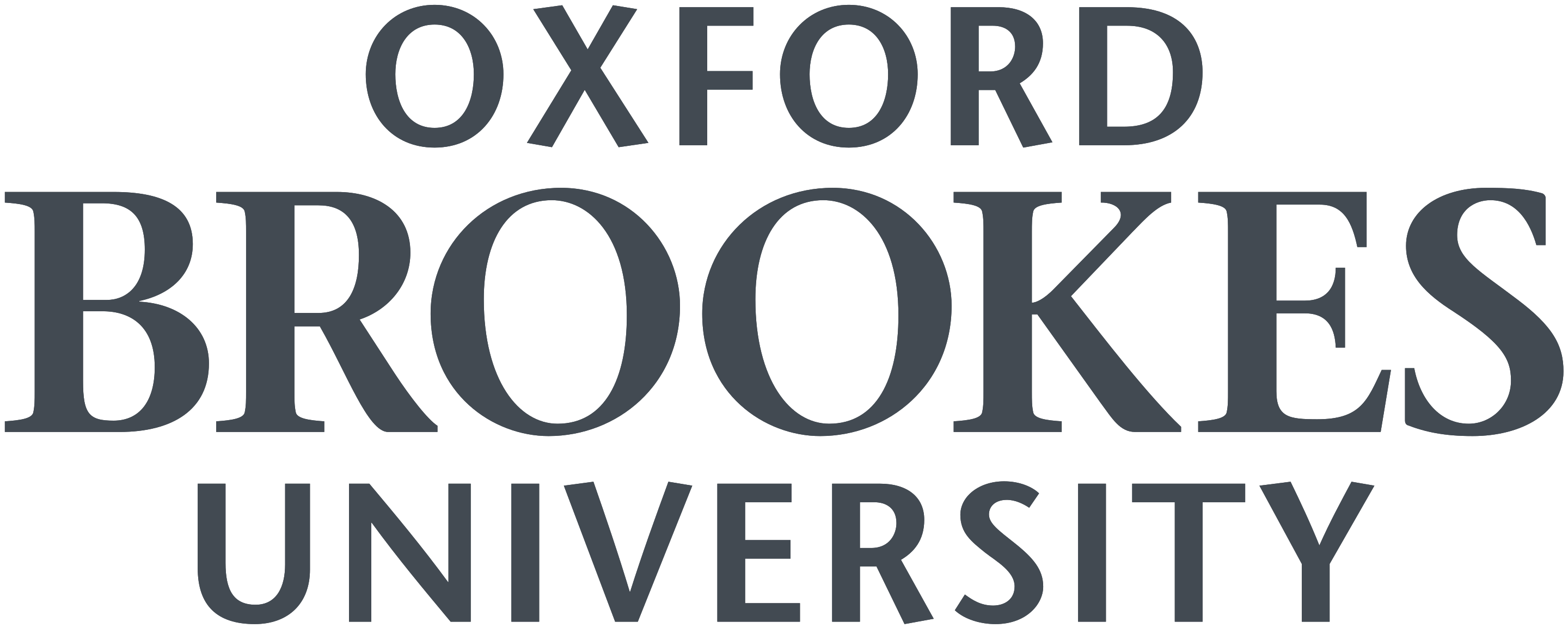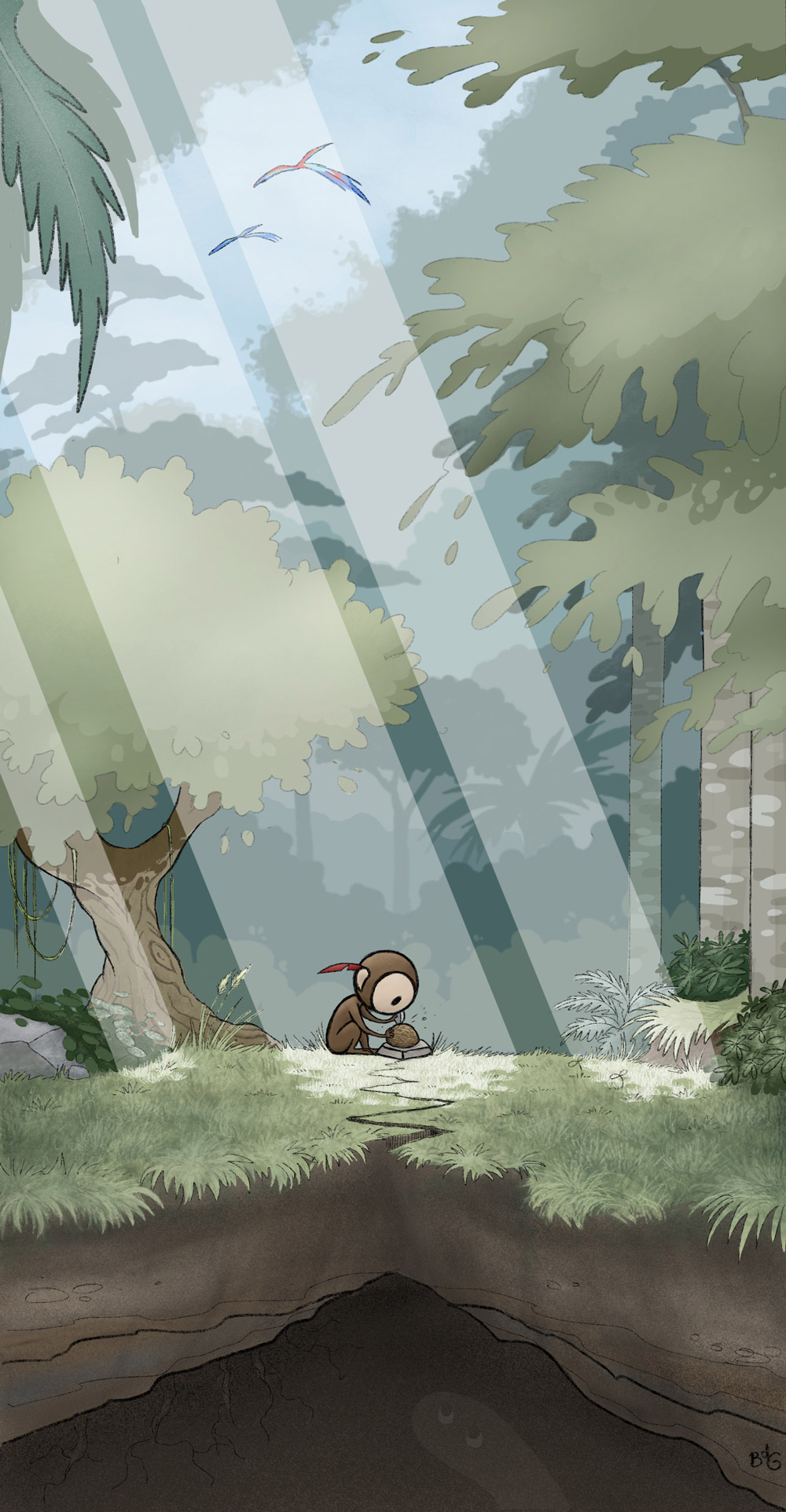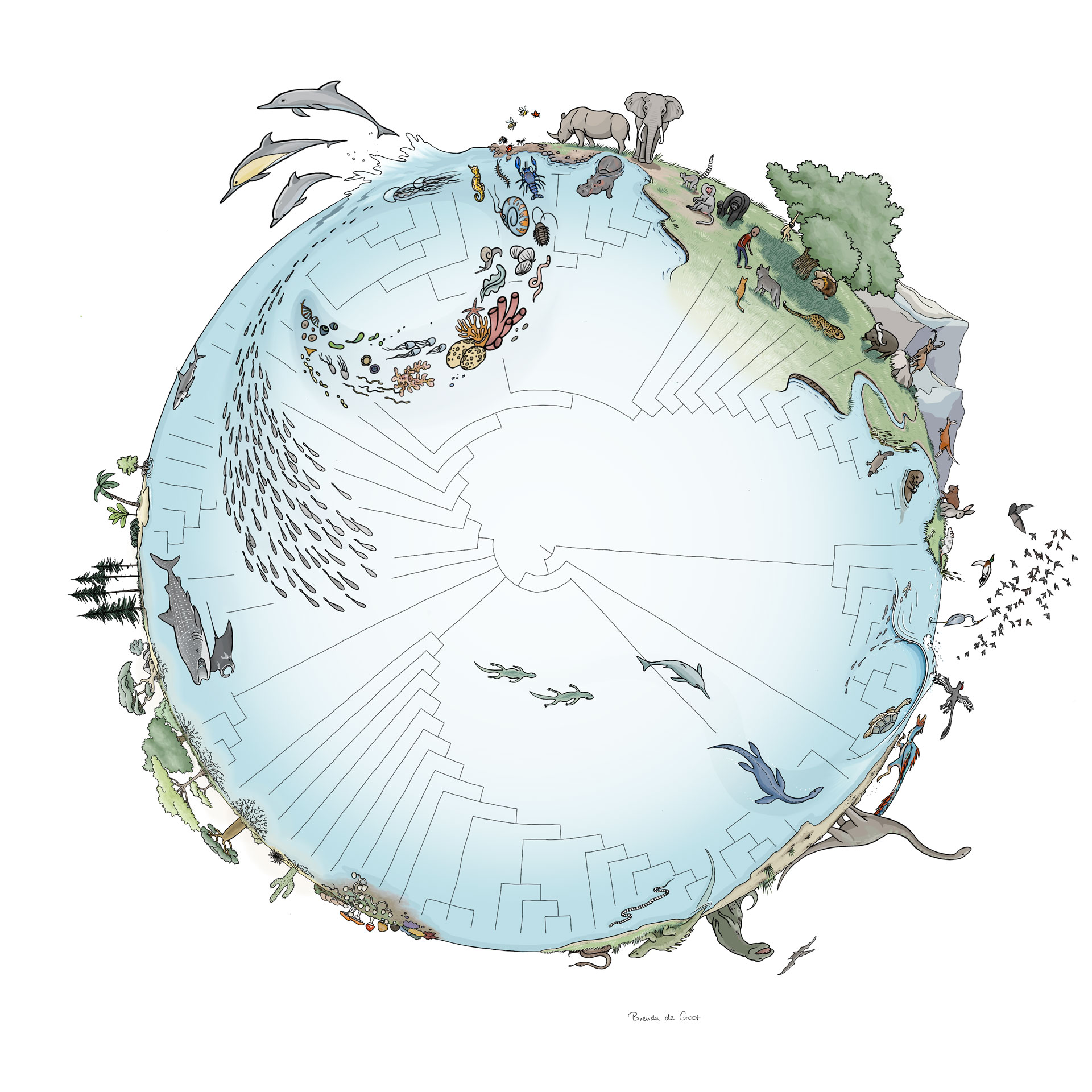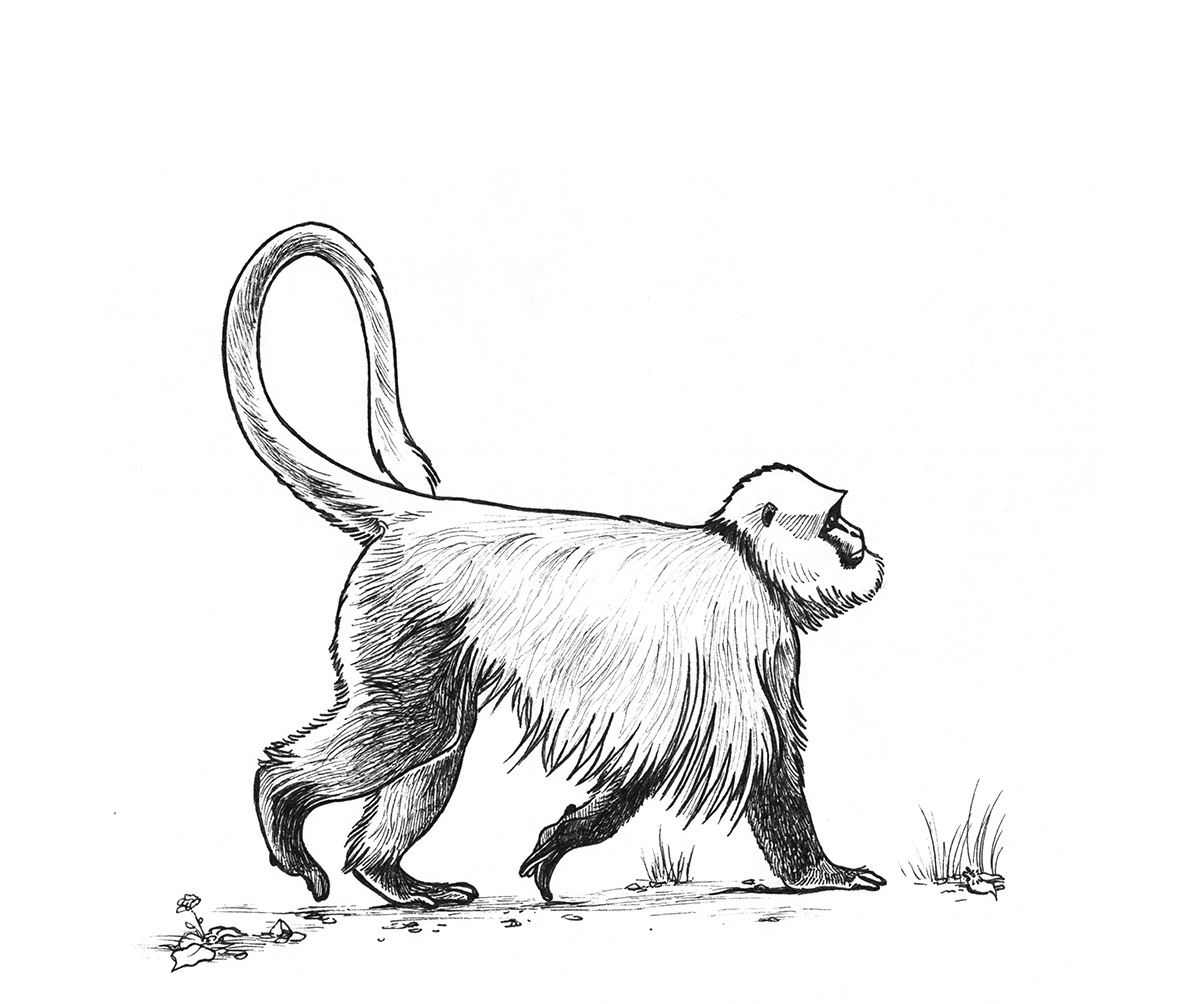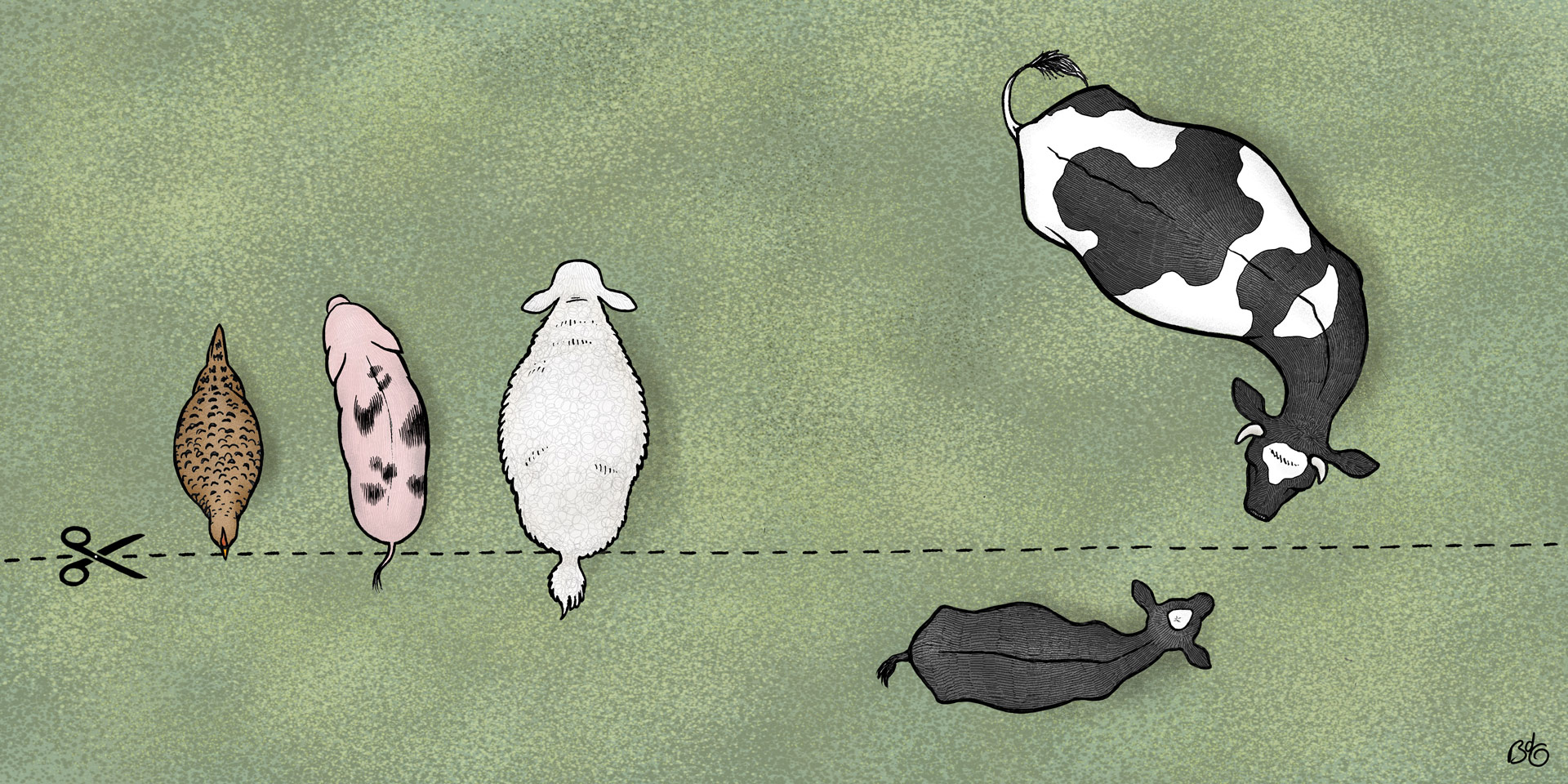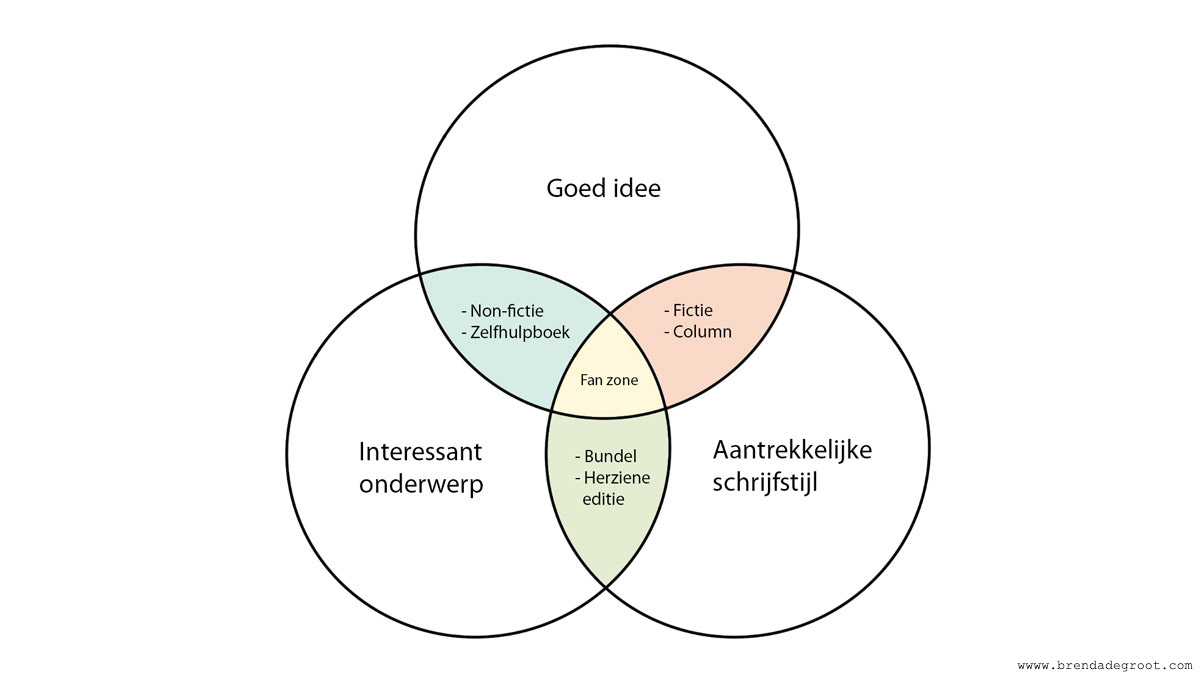
For a world beyond speciesism

Hi there, and welcome to my website! My name is Brenda.
I am a PhD student at the Department of Primatology and Wildlife Research at Kyoto University. I study primates (monkeys) in the wild, and am most interested in how they interact with each other, the emotions that underlie these interactions, and how individuals navigate their lives in the Anthropocene.
Beyond academia, I am also a visual artist and animal rights advocate.
Whether it’s research, art, or advocacy that I do, I aim to create a better understanding of other animals’ perspective of the world, and make said planet a better place for all sentient beings who call it home.
This website is a journal and portfolio of my animal-infused odyssey. Welcome aboard, and feel free to roam around!

Academic Timeline_
2025 - NOW
PhD Candidate
I am a PhD candidate at Kyoto University’s Department of Primatology and Wildlife Research Center, studying the social interactions of langurs (Trachypithecus spp.). I focus on how they interact with (the bright orange!) infants and with each other. My research methods are rooted in both Japanese and Western primatology.
I’m also passionate about animal ethics, conservation (sensu multispecies justice), and the ways we come to know other animals.
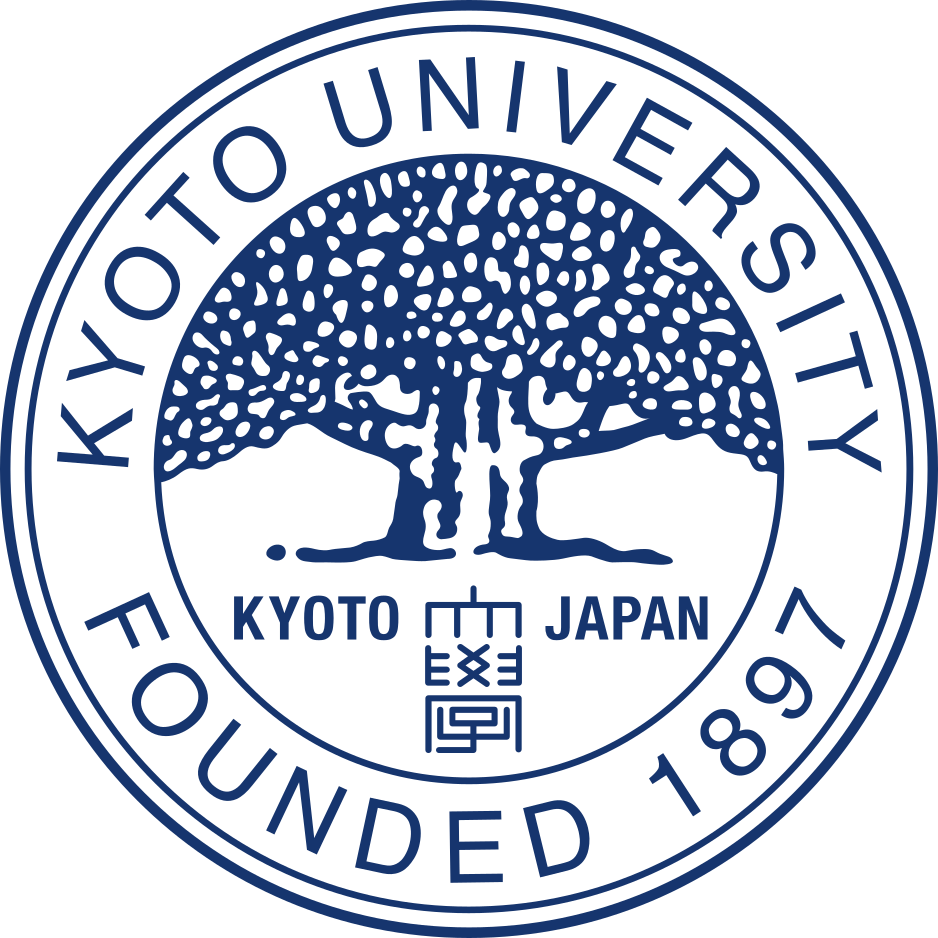
2023 - 2025
MA Anthropology
I started as a PhD student at the Department of Anthropology at UCLA before I transitioned to Kyoto University (my advisor left). Obtained my MA before moving, on patterns and dynamics of allomothering in Hatinh langurs (Trachypithecus hatinhensis) and Delacour’s langurs (T. delacouri).
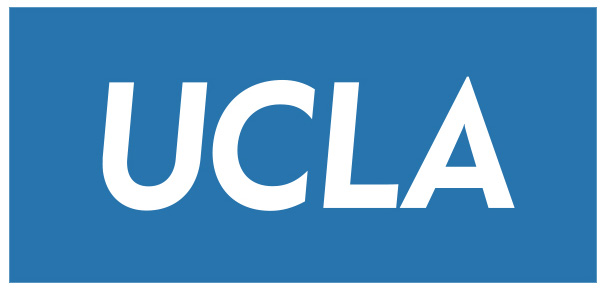
2020 - 2023
Research Assistant & Teacher
I was a research assistant, teacher and course coordinator at Leiden University. For my research, I was affiliated with the Comparative Psychology and Affective Neuroscience (CoPAN) lab.
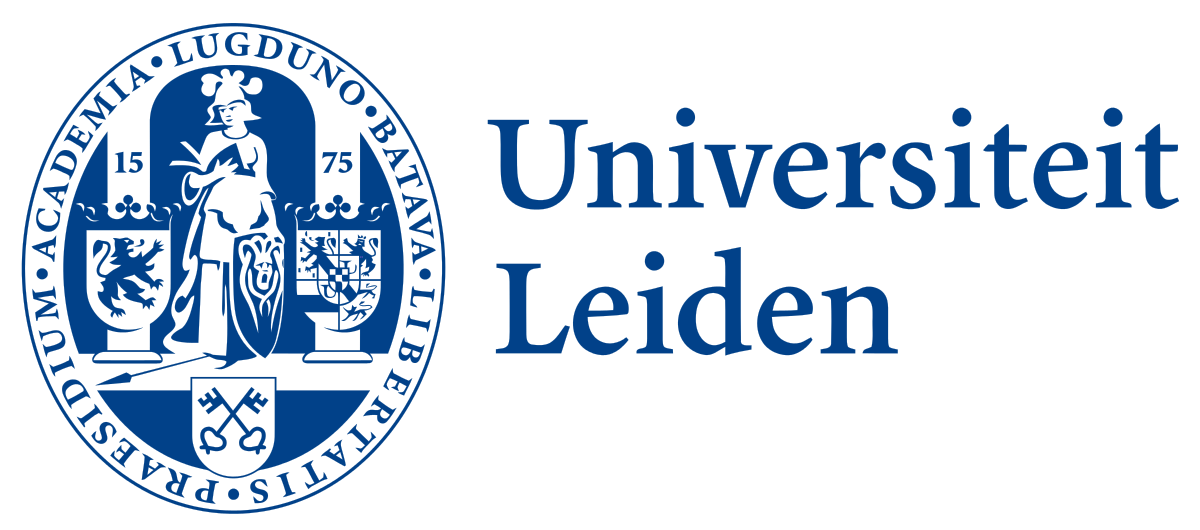
DISI Fellow & Project Coordinator
The Diverse Intelligences Summer Institute (DISI) is a 4-week full-time program founded by Dr. Erica Cartmill and Dr. Jacob Foster, and funded by the Templeton World Charity Foundation. As a participant, I lead a project exploring the opportunities of using ethnographic methods to study animal behaviour, minds and societies. Since 2022 I worked as a Project Coordinator for DISI.
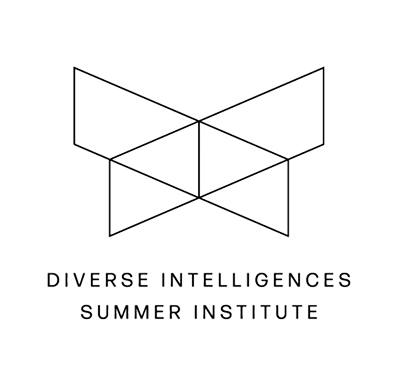
2013 - 2014
MSc Primate Conservation
Cum laude
Specialisations: conservation education and the phylogeny, conservation and behaviour of Asian colobines (leaf-monkeys).
Thesis project #1: Tails of Cambodia
Thesis project #2: Ecology of the Germain’s Langur (T. germaini)
Grants awarded:
– PSGB Conservation Grant »
– Mohamed Bin Zayed Species Conservation Grant »
– Born Free Foundation small grant
2009 - 2012
BSc Psychology (Hons)
Cum laude
Major in Social Psychology | Honours student
Thesis: Primate empathy: Review of the evidence in two taxa.
Poster presented at the conference Evolution & Human Behaviour in the Low Countries, April 2015, Amsterdam, The Netherlands.


Research_
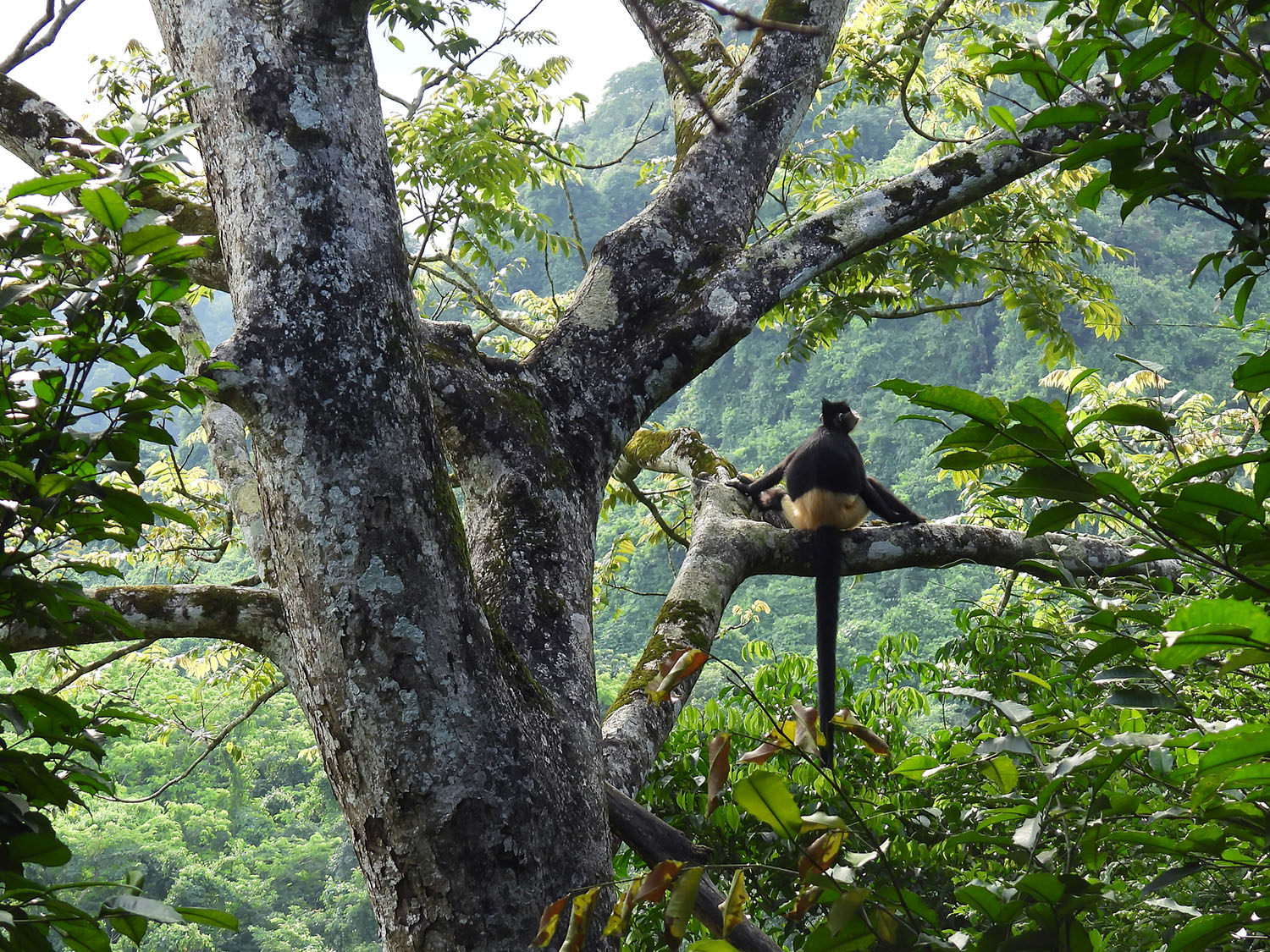
On the Lives of Leaf Monkeys
Studying the meaning of langur interactions
I study the everyday lives of langurs (or lutungs; Trachypithecus spp.), with a special focus on their social interactions, communication, and how they engage with their bright orange (yes!) infants. I am interested in the why and how of allomothering—the practice of shared caretaking for infants. Allomothering is rare in other primates, but common for langurs. I apply Conversation Analysis to describe and analyze their (inter)actions in detail, to better understand what they mean to them.
Langurs are among the most threatened primates. They are on the brink of extinction due to human-caused habitat destruction and hunting for traditional ‘medicine’ and the profit thereof. Understanding the richness and complexity of their social lives only adds to the urgency of protecting them and advocating for their rights.
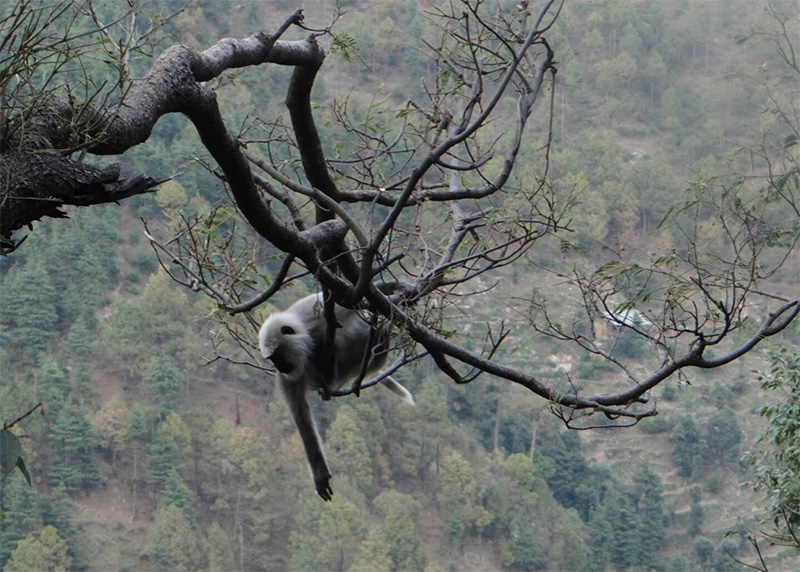
Animal Ethnography
Upgrading ethology in the animal turn
I developed a new cross-disciplinary method for studying other animals (i.e. their behaviour, culture and subjective experiences), that takes them seriously as nonhuman persons, agents and subjects of a situated life. It carries the working title animal ethnography, as it applies ethnographic techniques including (but not limited to) participant observation, thick description and video. The approach embraces the collection and publication of qualitative data, to compliment, enrich and deepen existing quantitative studies, with the aim to promote a high level of scientific rigour while facilitating a holistic understanding of animal lives, societies, behaviours and minds.
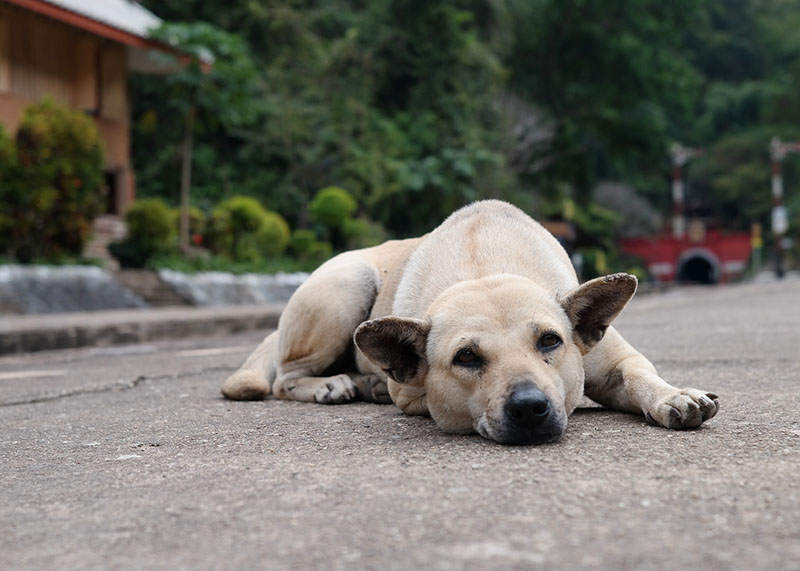
The Moral Standing of Animals
The psychology of speciesism
How much moral concern do we have for different animals? And to what extend does their sentience, cognitive capacity and likability explain their respective places on the circle of moral concern? In this study explore people’s evaluations of moral standing of a large range of animal species, and the cognitive and affective determinants that contribute to this evaluation.
Teaching_

Art_
When my mother gave 3-year-old me a pencil and a piece of paper, I simply never let it go. I drew my way through childhood, fueled by the animals who I ‘studied’ through drawing. Later I added sculpture–which is essentially drawing in 3D–and painting to my practice.
While I love art for the art, I believe that it can also play a valuable role for science and animal ethics.
First, art can communicate scientific knowledge and ideas to a broad audience, as it can be viewed, understood and enjoyed by people of all ages, cultures, and corners of society. Thus, through art, academics can reach masses of people.
Second, works of art have the ability to make people feel. Given that emotions are the leading drivers for our actions, it is art that has the potential to change people’s mindsets and behaviour.
And last but not least: art can show us an alternative to the world as it is. Through visual art and storytelling, we are able to share our visions of the world as it could be. If we know what our envisioned future looks like, then we can go build the path that leads there.
Now combine the ability of art to inform masses of people, make them feel intensely, and to deliver an image of a world we want to work towards, then I think art has great potential for changing the world for the better.


Vegan Monkey_
Fun fact: this website started as a vegan blog, to help inspire a wide audience to adopt a vegan lifestyle, a.k.a. become practicing sentientists.
My life has evolved, but you can still read the articles under the header Vegan Monkey. Note that only some articles are translated into English, since my audience was predominantly Dutch.

Contact me_
You can reach me by email me at brendadegroot [at] ucla [dot] edu

Note to previous senders:
If you submitted a message through the form that was here, then that message never arrived. I’m terribly sorry–and incredibly nosy, so please do write me again if it still makes sense for you to do so!
This site is protected by reCAPTCHA and the Google Privacy Policy and Terms of Service apply.

